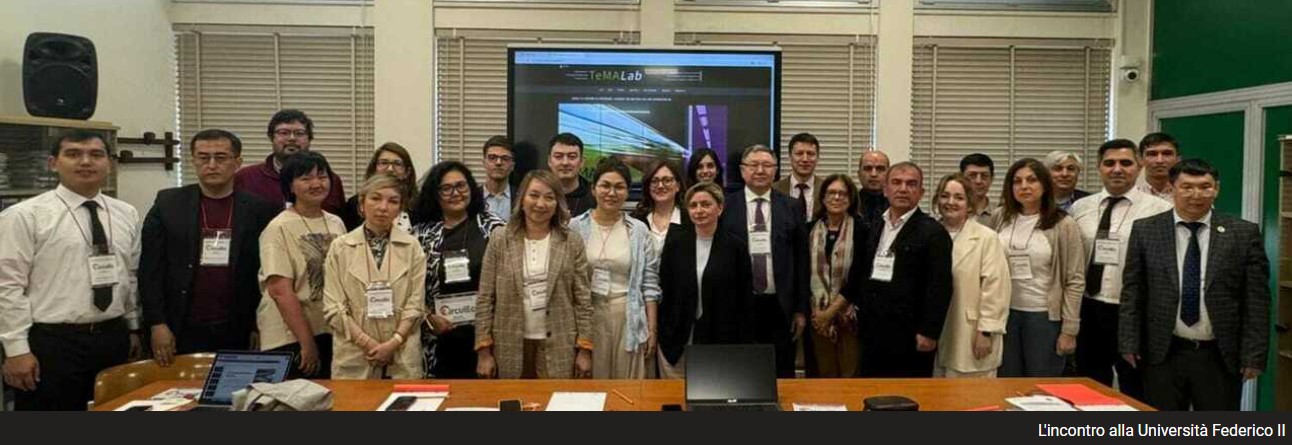Representatives from universities in Turkmenistan, Kazakhstan, Uzbekistan, and Tajikistan participated in a series of meetings across Europe as part of the European Union’s Erasmus+ CirculEC project. This initiative focuses on developing innovative training programs on circular economy and sustainable development for Central Asian higher education institutions.
The delegations visited Germany, Spain, and Italy, where they met with counterparts at universities with established circular economy programs.
The delegation from Turkmenistan included representatives of the Turkmen State Institute of Economics and Management, the Turkmen State Institute of Finance and the Academy of Sciences of Turkmenistan.
In particular, the program of the two-day event held in Germany included a presentation of the activities of the German partner university “Fachhochschule des Mittelstandes” and a seminar on the implementation of the training course “Circular Economy” in higher schools of the Central Asian region.
The participants also received information about current research projects in this area. They were involved in workshops using design thinking to integrate learnings into own projects.
The delegations’ next trip was to Spain, where its participants discussed issues related to demonstration training in the field of circular economy on the example of the University of Santiago de Compostela, which has rich experience in international interuniversity cooperation, as well as in cultural and scientific exchanges.
Similar discussions took place at Federico II University, Italy, focusing on closed-loop economics training programs.
Throughout the meetings, participants explored established circular economy curricula to enhance their educational processes in this critical area. Joint sessions and debates helped identify the specific needs of Central Asian universities for successful program implementation.
As Professor Carmela Gargiulo, scientific director of the Italian University project, emphasized, cooperation on the CirculEC initiative with universities in Europe is an exceptional opportunity to gain not only new knowledge and competencies in the know-how format, but also a vision and ways of approaching relevant scientific research. This project will allow us not only to share knowledge and skills in strategic sectors such as sustainable development, environmental interaction and renewable economy, but also to strengthen ties with the Central Asian region.”
The three-year CirculEC project (2023-2026) aims at developing modern curricula on circular economy and introducing them into the programs of universities in Central Asia. In addition, a group of almost thirty specialists will be professionally trained in the field of environmental management, sustainable competitiveness and environmental entrepreneurship.
A circular economy or a closed-loop economy is a system of production and consumption which recycle and reuse raw materials, that is, it is a waste-free economy that saves resources and protects the environment. ///nCa, 13 May 2024
